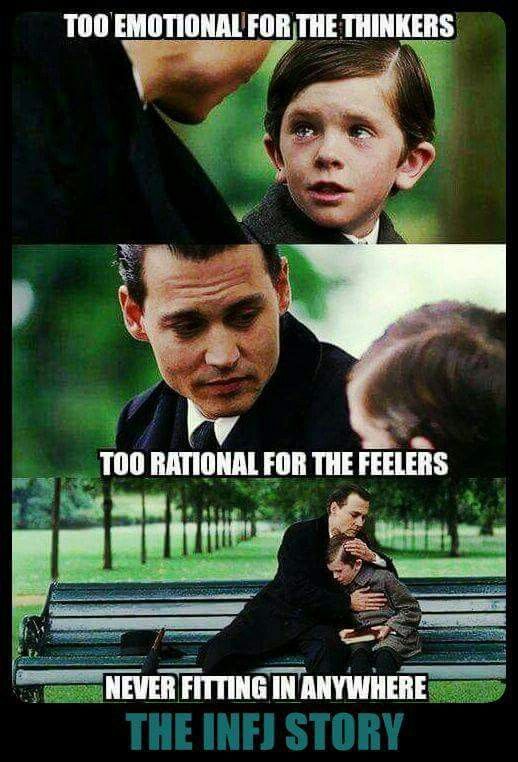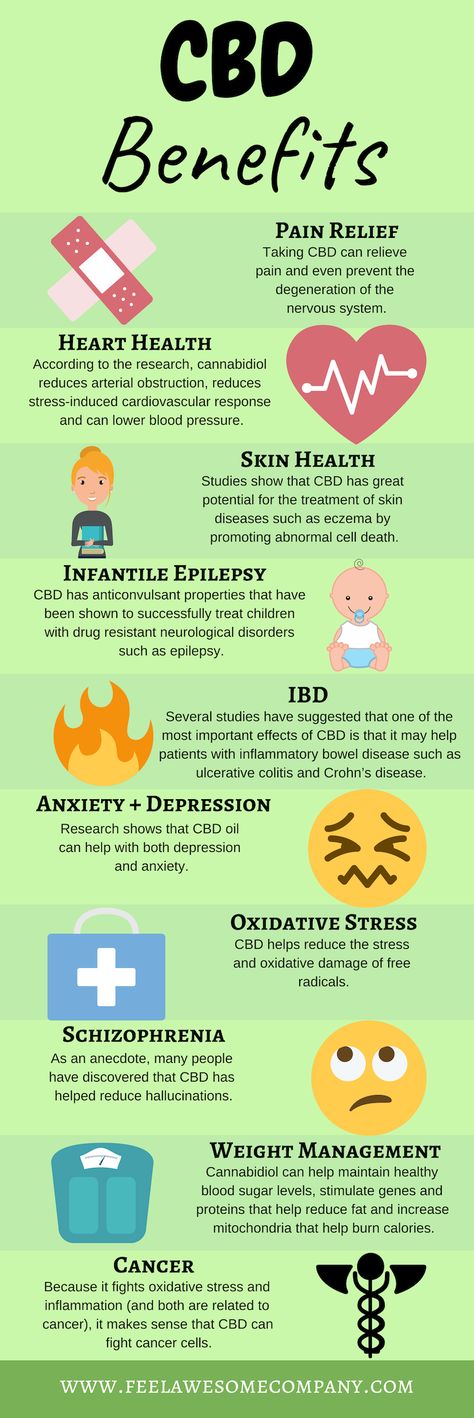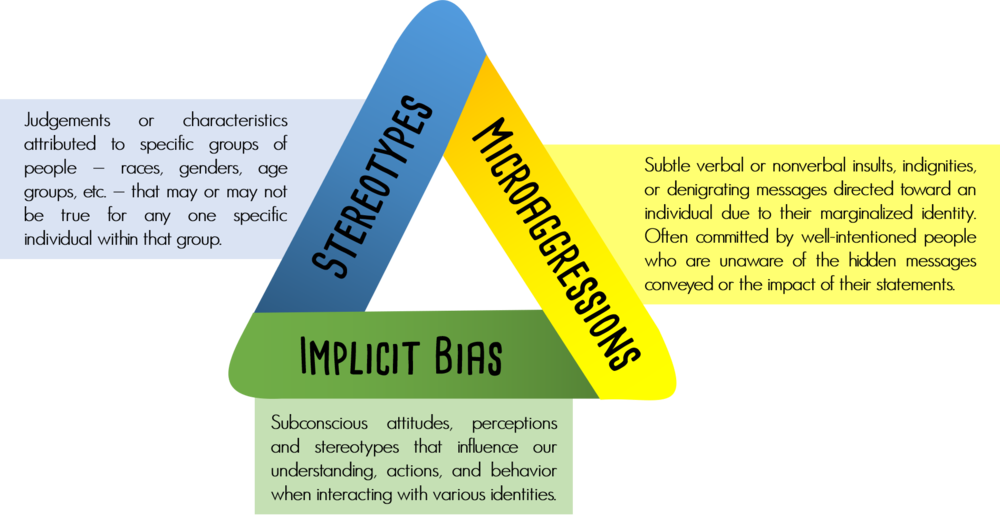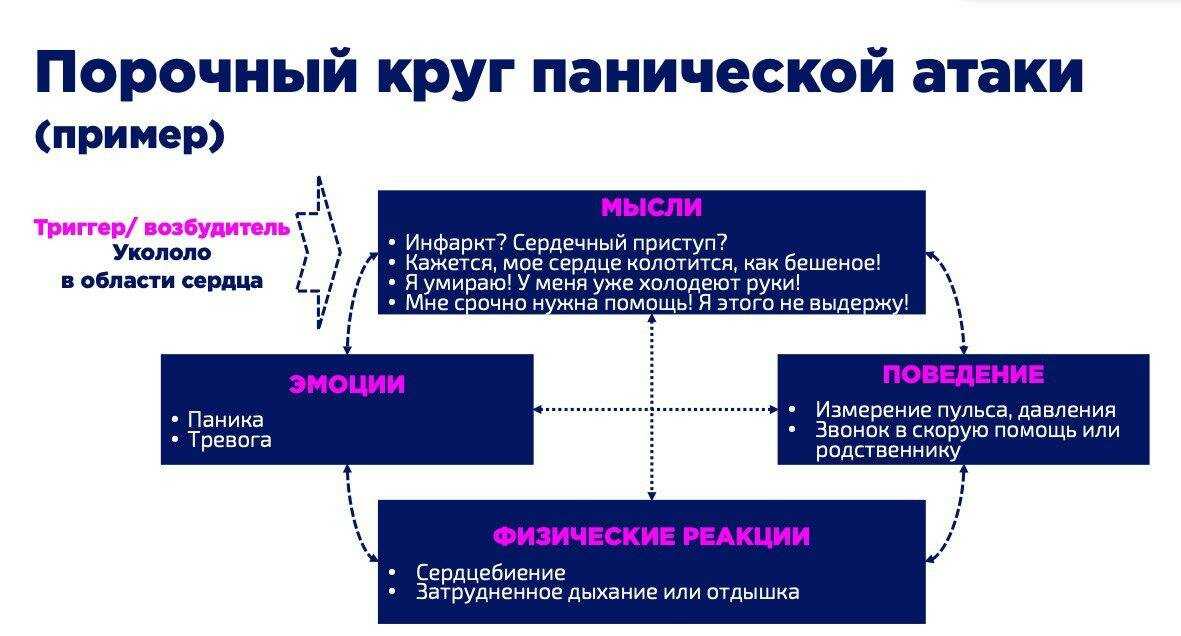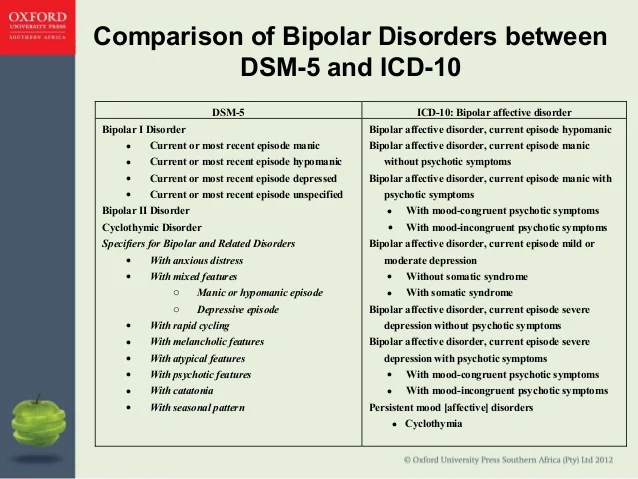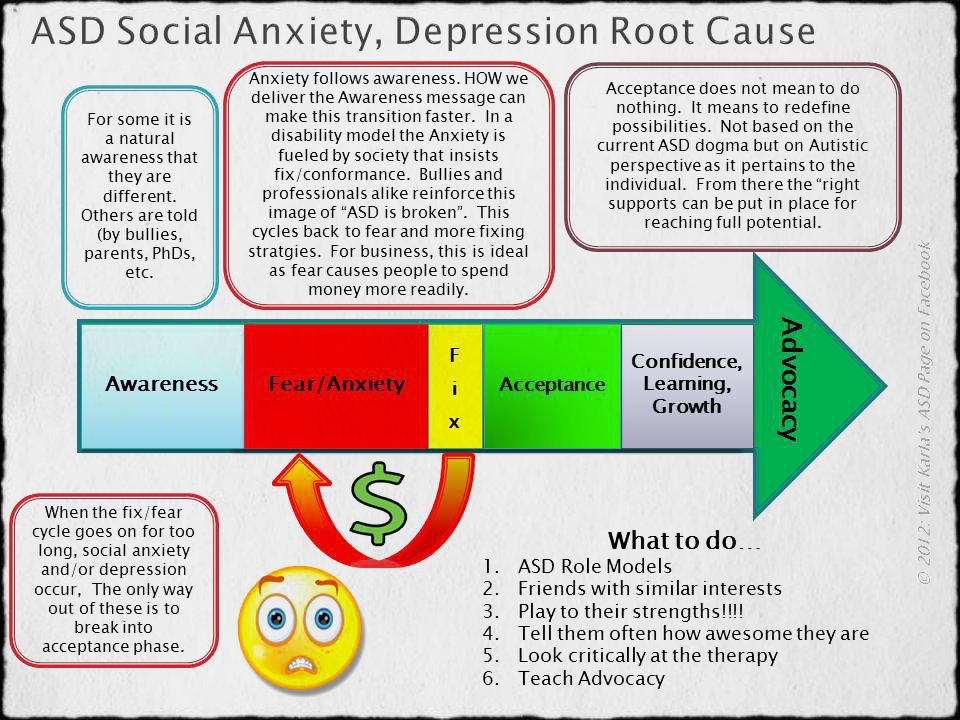When someone tries to hurt your feelings
9 Ways to Respond When Someone Hurts You
Source: wavebreakmedia/Shutterstock
Being able to put your past abuse into perspective doesn’t mean you will be immune from being hurt in the present. If you are around people for very long, you will end up hurt by someone.
Your past patterns of dealing with being hurt are not those you want to continue. So here are some steps you can take to deal with new situations. They will help you develop some new techniques and keep you from reacting to new hurts in old ways.
1. Recognize the offense for what it is.
Is it intentional? Is it unintentional? Is it a misunderstanding? Listen to what your heart tells you about what happened. Usually, your gut reaction is a good indicator of what you really think. However, listen to the truth behind that reaction to make sure it’s not an old one coming up from your past. Choose to respond intentionally instead of reacting instinctively.
2. Resist the tendency to defend your position.
If you determine that you need to confront the person who has hurt you, offer only your point of view about the incident. It is amazing how many confrontations you can diffuse by removing defensiveness and hostility. When you stick to what you are feeling, you give the other person permission to explain his or her point of view. Then together you can come to a consensus, hopefully resulting in mutual forgiveness.
3. Give up the need to be right.
This can be an unfortunate leftover of past abuse and can escalate a bad situation into a worse one. Other people are entitled to their own thoughts and opinions. When differences of opinion arise, it does not necessarily dictate that one person is right and the other is wrong. You may simply disagree.
4. Recognize and apologize for anything you may have done to contribute to the situation.
Make certain, however, that it is a legitimate wrong or oversight and not false guilt brought on by past situations.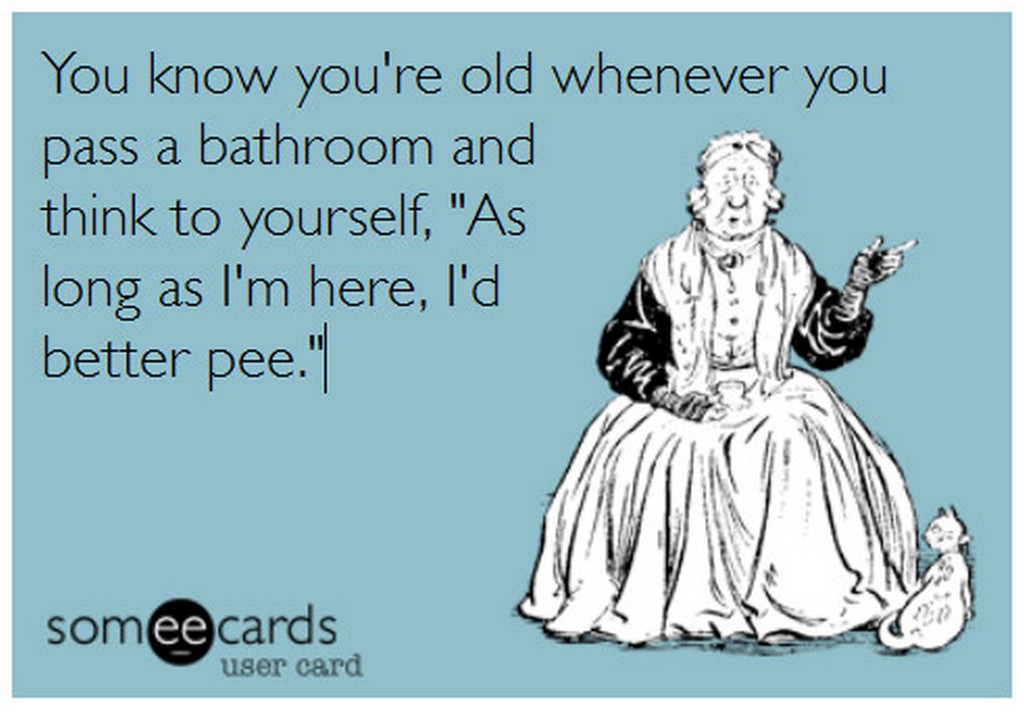 However, don’t assume that past abuse gives you a pass on your own responsibility for your actions. Treating someone badly and then blaming it on something in your past does nothing in the present to help the other person, who is not to blame for your past abuse.
However, don’t assume that past abuse gives you a pass on your own responsibility for your actions. Treating someone badly and then blaming it on something in your past does nothing in the present to help the other person, who is not to blame for your past abuse.
5. Respond, don't react.
This will require you to pause long enough to take the opportunity to think and evaluate. Sometimes, just waiting will add needed perspective. By responding and not just reacting, you exert control over your behavior. Past emotional abuse may have caused you to develop some pretty sensitive buttons that others can inadvertently push without understanding the consequences. Learning this skill will help you respond appropriately, giving your responses greater power and meaning for others.
6. Adopt an attitude of bridge-building as opposed to attacking or retreating.
A conciliatory attitude is much easier for everyone to deal with than a hostile, defensive one. Practice maintaining an attitude of love and acceptance. This doesn’t mean you agree with the person who has hurt you or with what he or she has done. Rather, you have chosen to respond in a certain, predetermined way. When you present your concerns with a door open to reconciliation, you should find yourself pleased at how often the other person will opt to walk through.
This doesn’t mean you agree with the person who has hurt you or with what he or she has done. Rather, you have chosen to respond in a certain, predetermined way. When you present your concerns with a door open to reconciliation, you should find yourself pleased at how often the other person will opt to walk through.
7. Realize that you may be the target of someone’s anger but not the source of it.
You may find yourself in the unenviable position of being the proverbial straw that broke someone else’s back. Take responsibility only for your part, and avoid falling into the trap of accepting false guilt from others.
8. Create personal limits.
This is part of reclaiming your personal power. You have the right to define what your limits are—and insist that they be respected.
9. Realize that even if someone has hurt you, that need not take away your personal happiness.
Remember, you are in charge of your attitude and response. You can get over it and go on. If the hurt was unintentional, ask yourself, "Why am I magnifying it by holding on to it?" If the hurt was intentional and forgiven, ask yourself, "If the person has asked for my forgiveness and moved on, why am I still stuck in the pain?" If the hurt was intentional and unforgiven, tell yourself, "I choose to forgive the pain the person caused me so I can move past it." Then reassert yourself and determine to be happy. That’s a choice you should reserve for yourself.
If the hurt was unintentional, ask yourself, "Why am I magnifying it by holding on to it?" If the hurt was intentional and forgiven, ask yourself, "If the person has asked for my forgiveness and moved on, why am I still stuck in the pain?" If the hurt was intentional and unforgiven, tell yourself, "I choose to forgive the pain the person caused me so I can move past it." Then reassert yourself and determine to be happy. That’s a choice you should reserve for yourself.
How to deal with someone who hurt you emotionally: 10 important tips
Getting your feelings hurt by the people you love is just something you can’t avoid.
Sometimes the hurt is no worse than a slap, but at times it can cut deep into your heart that you just want to end your connection for good.
But the thing is, although they may have hurt you, they’re someone you consider special so a part of you still wants to save the relationship… and this is why it’s difficult.
Here are 18 important tips to keep in mind when dealing with someone who hurt you emotionally.

1) Distance yourself to process your feelings
The worst thing you can do after someone has hurt you emotionally is to react immediately.
You need to give yourself time to cool your head off and process your feelings. Otherwise, you’ll end up doing or saying something you’ll regret.
For that same reason, you also need to have some distance between you and the person who has hurt you. All the time in the world won’t help you cool off if you’re near each other.
No matter how tempting it may be, try to walk away as calmly as possible.
They cheated on you? Let them talk…but then walk away.
They told someone about your secret? Tell them you’re aware of what they did…and then walk away.
Don’t do this to guilt-trip them so they’ll chase you and beg for your forgiveness. Do this because it’s a necessary step for you to recover.
2) Care for your body
In times of great distress, it’s essential that you take care of yourself. Sometimes we forget to eat because all we want to do is cry.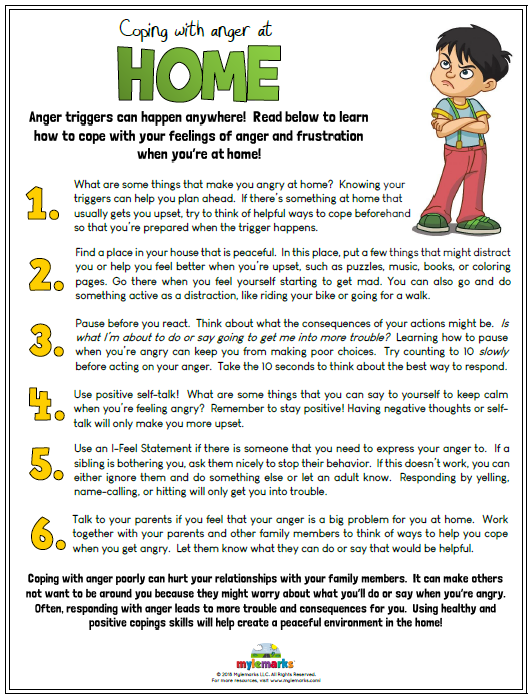 But this isn’t just bad for our bodies, it can be bad for our sense of judgment, too.
But this isn’t just bad for our bodies, it can be bad for our sense of judgment, too.
Caring for your body helps you handle your emotions better. And that means getting enough nutrients, sleep, and getting your body moving.
Exercise makes your body release endorphins, which are chemicals that help keep you happy. This is why people suffering from depression are often told to exercise. And besides, there’s just something cathartic about hitting a punching bag.
Rest, on the other hand, helps your mind catch up to what you’ve been going through and process the strong emotions you’ve been suppressing while you’re awake. So when it feels like you just can’t keep going, grab a pillow and sleep it off.
Doing all these can help you keep your mood up and your head clear—both of which are important in your situation.
3) Understand that your feelings are valid
Chances are that someone who has hurt you emotionally will try to make you doubt yourself and your thoughts—an act called gaslighting.
It can be deliberate, but there are also people who are so lost in themselves that they don’t even realize they’re doing it.
Either way, it’s important that you defend yourself against this. Emotions are irrational by nature, and you shouldn’t let yourself be carried away by them.
But even then, you should keep in mind that your feelings are valid and that nobody has a right to dictate how you should feel.
If they tell you you’re just being highly sensitive, consider that possibility but don’t let them negate your feelings. After all, you can be sensitive and they can still be at fault.
4) Don’t play the blame game
They might be tempted to blame whatever happened on you.
They might say that you aren’t doing enough, or that you did something that forced them to act the way they did. You might also be tempted to blame them back in return.
You should avoid this!
Don’t get stuck playing the blame game, because that will only lead to things getting worse for everyone involved. Remember that when people say something like “look at what you made me do!”, whatever they did was something they chose to do.
Remember that when people say something like “look at what you made me do!”, whatever they did was something they chose to do.
Be the bigger person and eject yourself from drama. Gather your thoughts for now so you can communicate them well later.
You’re adults, not kids pointing fingers at each other.
If they blame you, don’t indulge.
If you feel the need to blame them, get out of the room and distract yourself. It’s a total waste of time.
5) Think about how you may have contributed
Just because you shouldn’t play the blame game, however, doesn’t mean that you should ignore the possibility that you may have made the situation worse.
During your argument, did you raise your voice, get argumentative, or bring up topics that should have been set aside?
Let’s say that someone threw a glass at your car because you yelled at them for being drunk and standing in the middle of the road. It might have been their decision to throw something at your car, and to be drunk, but things wouldn’t have been so bad if only you didn’t shout at them.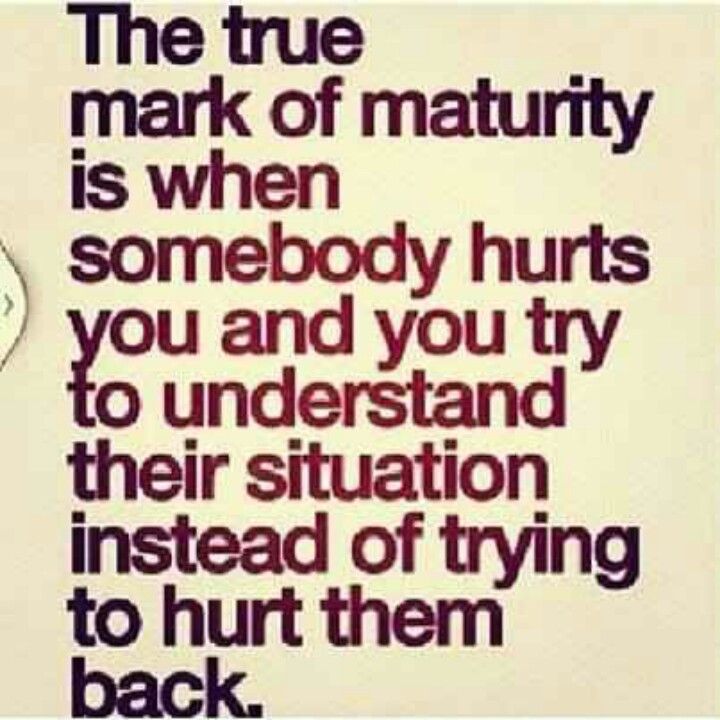
Aside from that, think back of how you may have contributed to them actually doing the thing that hurt you.
Did you neglect them for so long? Were you critical and arrogant towards them? Surely, you also have some flaws.
Give it some thought and don’t let your pride get in the way of your self-reflection.
6) Write to reflect
Writing about your problems is a simple yet effective way to make it easier for you to grasp and process them.
Grab a piece of paper or turn on your laptop, then write about what happened. Then when you’ve done that, describe the things they have done and said that contributed to you feeling this way.
Did they keep on ghosting you on dates?
Did their big mouth get them to share too many personal secrets of yours?
If you feel it is even remotely relevant, write it down. You’re free. Don’t filter yourself.
Once you’re done, read what you’ve written. It’s easier to grasp your feelings when you’re looking at them instead of drowning in them.
7) Try to truly understand the situation
Nobody does anything without reason.
It can be a bottled up emotion finally bursting to the surface, a stressful day getting to their head, or rumors and hearsay pushing them to all the wrong conclusions.
Trying to figure out the reason for the situation—which can sometimes, but not always, be as simple as asking them about it—can help you process the situation better and figure out how you want to deal with it.
If they deliberately betrayed you, it can be quite difficult to find any reason other than their selfishness and lack of concern for others. But you don’t have to forgive them. All you have to do is understand the situation and analyze from all corners.
While doing this, it helps to treat it like you’re an outsider, perhaps like a scientist trying to examine a specimen under a microscope.
Remove your feelings and try to see things as objectively as possible. Your goal is not to empathize with someone who’s hurt you because it’s too big of a task. The goal is simply to see things more clearly.
The goal is simply to see things more clearly.
8) Think about their history
Having your emotions hurt by someone once or twice is something that you can perhaps assume to be honest mistakes worth forgiving. But when it’s something that has happened over and over, you should be careful because there’s a chance that you’re stuck in an abusive relationship.
Because of that, it’s very important that you take the time to really think about how they have treated you in the past.
Try to see if there’s a pattern to the emotional hurt you’ve been receiving, and how long it’s been going on.
Don’t think that it’s just the big things that matter either. Even small betrayals, when they come often enough, come together to create big gaping wounds in your heart. There’s such a thing as death by a thousand cuts, after all.
9) Think about what they mean to you
When you have calmed down and had the time to process your emotions, think about what they mean to you.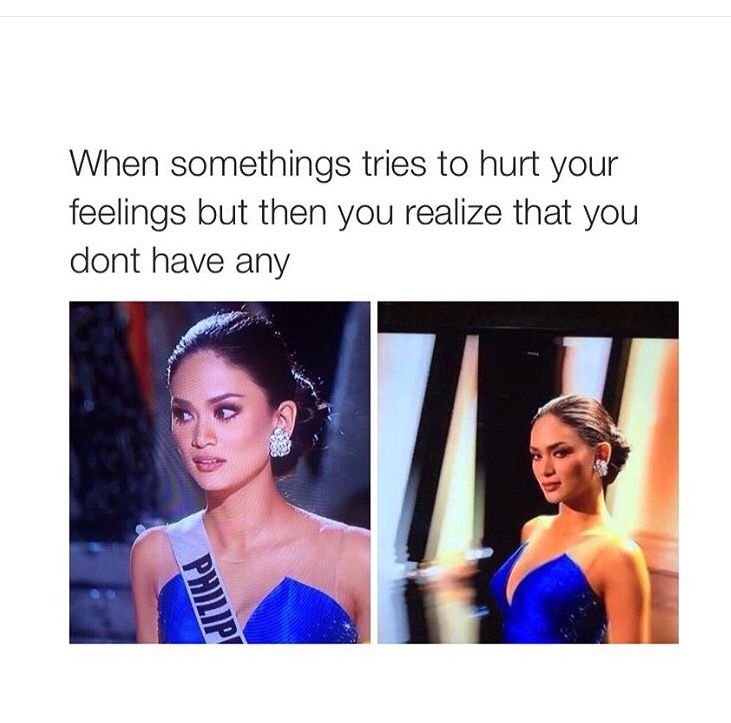
Are they someone you truly love?
Do you think they’re really good people to the core and what they did to you was just out of character?
If you’ve been friends for decades, maybe it’s time to look at who they are now and not get nostalgic of the past version of them. Maybe that person you used to love is not the same person you have now.
Assuming they don’t ever change, are they worth the pain they may bring to your life?
This won’t automatically lead you to clarity, of course. But it could help to think about who they are and what they truly mean to you right now and in your future. Some people and some relationships are still worth fighting for.
10) Get a second opinion
Never underestimate the importance of having another perspective on the issue.
You can’t be completely objective no matter how hard you try and, while other people aren’t necessarily going to be objective either, they can at least maybe see something that you can never see no matter how much self-reflection you do.
But do be careful. Choose someone who’s truly sensible. Tell them you really need sound advice, and not just comfort. Tell them that it’s okay if they will not “side” with you because you really want the truth.
While it’s tempting to talk to friends and family about your issues, you must be very careful that no gossip will ever make its way back to the person who had hurt you, or otherwise you’ll end up making things even worse.
It is for this reason that a counsellor—a professional, bound to an oath of confidentiality—is your best option, if not necessarily the cheapest one.
11) Focus on yourself
Selflessness is good, but it’s a trait that’s all-too-often abused.
People who inflict emotional abuse on others like to take advantage of their kindness and generosity.
It’s also frustratingly common in love. It’s not unusual to hear of guys who would abuse and control their partners to the point where she wants to leave… but can’t, because when she tries to, he would threaten to hurt himself.
There’s a point where you should put your foot down and focus on yourself.
You don’t have to be the more understanding one. You’re dealing with adults, not kids who are still struggling to figure out what’s right and wrong.
Ask yourself a simple question. Will keeping them in your life make you happier?
If the answer is yes even if they hurt you now, then go ahead and try to give your relationship another shot. If the answer is one big no, then you’re not obligated to be kind to them. You’re not Mother Theresa.
12) Let go of anger
It’s incredibly tempting to fume and fantasize about revenge when you’ve been hurt. That anger is only natural, and it would in fact be concerning if you feel absolutely nothing after a painful incident. But you shouldn’t let that anger consume you.
Think about it this way. Who’s the one hurting when you’re stuck thinking about the hundred different ways you can take revenge? You, of course.
They’re living rent-free in your head when the thought of them pains you, while they on the other hand probably aren’t even thinking about it.
Look. They’ve already hurt you, don’t let them do it twice by staying angry.
It’s just that much more productive and healthy for you to set aside your anger. This isn’t going to be easy, but a good start would be catching yourself whenever you get angry, and instead trying to think about it, distract yourself.
Then read up on tips on how to handle anger better. It’s a skill we all must learn to lead a stress-free life.
13) Try to talk over it
Any kind of relationship needs good communication. They say that any problem can be solved by simply talking.
Whether your decision is to leave them, or to try to fix the problem with them, one of the most important things you can do is to talk it over. But do so only when you have calmed down and have come to terms with your feelings.
Try to talk to them about what they have been making you feel. About what it is that they’ve been doing that you don’t like, how, and what it is that you’d like to see changed… if you still want to give them a chance. Try to negotiate then and find a middle ground that makes you both happy.
Try to negotiate then and find a middle ground that makes you both happy.
Do stay calm, and to avoid throwing accusations at them. If tempers start flaring, then perhaps you can try talking again at a later date.
14) Don’t expect anything
It can be tempting to think that, once you’ve figured out the problems, you can just talk about it and everything is going to be fine.
Sadly, you’re going to have to put those expectations down.
While it’s good to hope for success, you should also drop any expectations you may have.
When you approach them to have another talk, don’t expect that they’ll say they’re sorry. When you decide to give them another chance, don’t expect that they won’t hurt you again.
This way it will be easier to accept failure as it comes, and every success becomes a pleasant surprise.
15) Don’t force a reconciliation
The ideal resolution to any conflict would be talking things through and working for a compromise. But sometimes it just isn’t worth it.
Sometimes it’s best to cut your losses instead of forcing a reconciliation that they don’t want, or one that would be incredibly unfair for you.
They can apologize as much as they want for any mistakes they might have made, but you’re not obligated to accept their apologies just because they gave them.
In the same vein, you can’t force them to apologize for something that they just aren’t willing to apologize for.
Sometimes reconciliation is just impossible, and that’s fine. Don’t force yourself, don’t force them.
16) Be ready to forget them
This might sound like a drastic measure and, honestly, it is…but it’s the best approach if you still have negative feelings towards each other. If what they did is truly hurtful to you and you just can’t see them getting better anytime soon, then it’s much better for you to cut your losses.
Otherwise, you’ll only end up trapped in a toxic relationship.
But hey, it doesn’t mean you’ll close your door forever. In fact, forgetting them now can actually be good for your relationship years from now. You can’t gain good insights and grow if you’re still intertwined. You have to cut the cord.
In fact, forgetting them now can actually be good for your relationship years from now. You can’t gain good insights and grow if you’re still intertwined. You have to cut the cord.
Try to stop yourself every time they cross your mind. Try to stay away from everything that reminds you of them for a while. Stay away from old photos, the places you used to hang out, meeting common friends.
Do the things that can help you forget them. You’ll meet again once you’ve become better versions of yourselves. Who knows, your relationship later will become stronger because you ended things.
17) Turn the experience into a lesson
What doesn’t kill you makes you stronger… or at least it should.
Simply reflecting on what you have gone through isn’t enough if you simply decide to forgive and forget, thinking that it won’t happen again.
Think about what has brought things to this point, see what is within your ability to avoid in the future, and remember those things often.
As an example, maybe one of your flaws was that you kept minimizing their feelings. You thought they’re just being needy! Now you know what you should improve in yourself so your relationship will work.
And if you both decided to move on, now you know that next time you’re in a relationship, you have to nurture your partner and try to meet their needs…or better yet, find a partner who’s not as needy.
18) Don’t let the experience make you jaded
Gleaning lessons and learning from the experience is a good thing, but at the same time you should remember to not let it get to you and make you jaded.
There are people who get hurt by their partners and go around yelling “all men/women are cheaters” and it’s just unfortunate.
They got hurt and, instead of placing the blame on the person who hurt them, they blame it on their sex, societal status, or even nationality. They would even vow not to fall in love again.
But people don’t always fit into these nice little boxes that a jaded person imagines they do.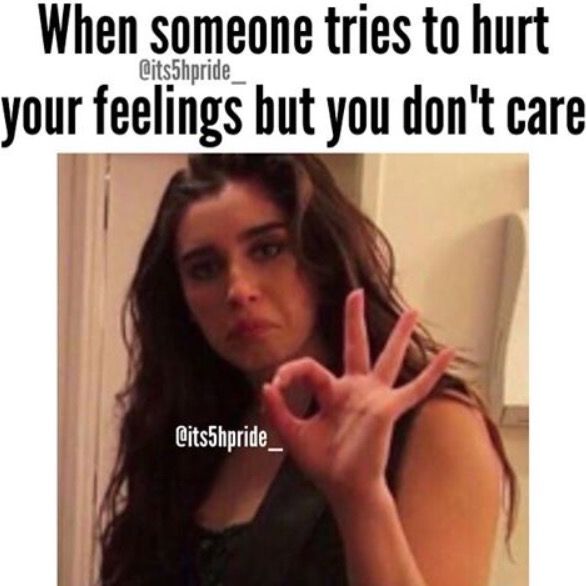 Sure, some men cheat, as do women. But some is not all, and by thinking this way they’re writing off so many good people they could have become friends with.
Sure, some men cheat, as do women. But some is not all, and by thinking this way they’re writing off so many good people they could have become friends with.
Don’t be afraid to start friendships and relationships again just because one or two or five failed. Every person is different, that you can be sure of!
Last words
Keep in mind that all people are flawed—even you. And the closer we are to each other, the more obvious our flaws become.
This is the reason we hurt and get hurt by the ones we love the most.
Whatever conclusion you might arrive at, keep in mind that you and your feelings matter. It won’t be easy, and sometimes you’ll have to let go, but trust your gut and your heart.
Relationships come and go. In this world, you’re your best ally. Think of what’s best for you even if it might be difficult or painful for now. One day, things will hurt less and less and you’ll be able to see that things happen for a reason—especially the hurtful ones.
The Secret to a Better Life?
Hi. I’m Lachlan Brown, the founder of Hack Spirit.
I want you to know that if you’re struggling with feelings of anxiety, confusion, and frustration, it’s okay.
You see, I’ve been there too.
In my new eBook, I take you on a journey from my days as a lost 20-something hefting TVs in a warehouse to embracing Buddhism and creating the life of my dreams.
And I reveal a step-by-step process for you to transform your life in the same way…
If you’re ready to finally escape the life traps you’ve been stuck in, this eBook is what you’ve been waiting for.
Trust me, if I can use the teachings of Buddhism to brighten and empower my life, you can too.
Check out my new eBook here.
Did you like my article? Like me on Facebook to see more articles like this in your feed.
Signs of a Toxic Relationship
While some girls are in an open and supportive relationship, others may be trapped by a bad friend. There is a chance that she simply did not think about how her behavior affects you, in which case a heart-to-heart talk can make a difference. And if not... Then just run.
There is a chance that she simply did not think about how her behavior affects you, in which case a heart-to-heart talk can make a difference. And if not... Then just run.
Website editor
Tags:
Brad Pitt nine0003
VOICE Tips
Friendship
Toxic relationship
Relationship
Getty Images
We tell you how to understand that next to you is not a true friend, but a toxic person whose main goal is to suck all the strength out of you and get benefit from it exclusively for yourself!
Always talks only about himself
Discussing important topics and maintaining a conversation with such people is not easy. It is especially difficult to share something, even to talk about simple everyday things.
You told your friend that you were going on vacation to Crimea. But in response, I have to listen to her endless stories about how she went to Sudak with a friend and la-la-la, me, me, me.
She shared that a simple operation is ahead, she needs to take tests, and in this regard, you are a little worried. But the friend is already pouring knowledge in the field of medicine and notices that she experienced worse torment. nine0031 Hearing your desire to go to a new comedy at the cinema or read a recently released bestseller, the interlocutor tells in detail about the plot and reports on her own impressions.
There are many such examples. Every day, a friend treats your interests worse and ignores your words. This girl may not be as self-centered as she seems. Her real problem is that she has an attention deficit, and she only pays attention to the part of the conversation that she can apply to herself, instead of focusing on what you want to say. Real friends are able to listen to you. nine0003
Real friends are able to listen to you. nine0003
THIS IS INTERESTING
Brad Pitt and other stars who had a passionate romance
Angelina Jolie and Brad Pitt had a passionate romance on the set of Mr. and Mrs. Smith. Pitt found himself in a delicate situation - his wife Jennifer Aniston was waiting for him at home. Cheating on the set led to the collapse of their five-year marriage.
1 out of 5
Chooses the man you like
A friend sleeps with a guy you like. You perfectly understand that not every man you can fall in love with will reciprocate. You are an adult to accept this. Your friend is bad if she knows about it, but didn't talk to you first. nine0003
A friend was expected to wipe away your tears over a failed relationship. In extreme cases, he will explain himself, and not silently ride you on a dashing horse. A person is worthless if he does not care about your feelings, if he consciously causes you severe pain.
Not ready to be together in grief
A bad friend is not in a hurry to celebrate when something serious and fateful happens in your life. For example, you got a new job, or you are getting married, or you are planning an amazing honeymoon in Spain. Her reaction to your successes is simple tricks:
- Changes a topic that is happy for you but uncomfortable for her.
- Talks about her unfortunate fate and pulls the blanket over herself to be pitied.
- He says dubious things, forcing pessimism into the notes of your joy.
- Tries to outdo you (they say she has been to Spain ten times, the beaches are dirty and the people are boring).
- He predicts aloud that your euphoria is unlikely to last long.
Such friends are more likely to come to hear about your dismissal or breakup with a boyfriend. When you share good news with them, you expect them to sincerely rejoice for you. Otherwise, not far from feeling guilty for your own success or glimpses of happiness. Then it becomes bad after talking with a friend, as if you stole someone else's. Then, from longing, at least give your all. But it is worth remembering that you deserve it and this does not come from the desire to annoy a friend. nine0003
Otherwise, not far from feeling guilty for your own success or glimpses of happiness. Then it becomes bad after talking with a friend, as if you stole someone else's. Then, from longing, at least give your all. But it is worth remembering that you deserve it and this does not come from the desire to annoy a friend. nine0003
Likes to play with one goal
A toxic friend expects you to do everything for her, but is not ready to return the same. From sincere motives, you are ready to sacrifice your plans in order to run to her, rescue, help. But how long have you seen such an attitude towards yourself?
- You look after her cat every time she goes away, but she never took your dog for a walk.
- You come to visit her with a full package of sweets, and she comes to you empty-handed. nine0059
- You will always help her choose a dress or sort out the intricacies of relations with her MCH, and she won’t even pick up the phone if you need to speak out or urgently help with something.

This is not friendship, but a one-sided game. Let the worst friend boldly fight for the title. Do you need it? Is there a place in your life for a girl who is not going to lift a finger for you?
Jealous of the rest of the environment
In addition to her, you have many good friends and acquaintances. How to understand that a friend is bad and it is better to stop all communication with her? She never says something kind about your acquaintances and friends, no matter if they are women or men. No one is forcing her to love them. But this does not mean that it is worth discrediting them in your eyes, because they are dear to you. nine0003
A toxic friend doesn't allow the thought of you taking a walk or having lunch in a cafe with anyone other than her. It is she who should always be present at all your significant and not very events. It is unlikely that these people seriously harmed her. Most likely, she just loves to make drama out of nothing. Likes to push out those who supposedly pose a threat to her first place in your world.
Most likely, she just loves to make drama out of nothing. Likes to push out those who supposedly pose a threat to her first place in your world.
Becomes your copy and tries to surpass you
A friend who envy you. This one is easy to recognize: she constantly makes ambiguous remarks about everything you do, and goes out of her way just to outdo you. If it is more important for her to compete than to be friends, is it worth spending time on her? nine0003
It is said that the best form of flattery is imitation. But in friendly relations, such behavior looks more like a caricature and these are clearly signs of a bad friend. Why do you need to see a copy of your walk, style, hairstyle? Most likely, you seek to communicate with a person who has his own views and manners, and not look in a living mirror.
Sees everything in a black light
Negativity.
 To put it mildly, a beech, harshly - a pessimist and a rude woman. She doesn't like everyone you both meet, every party you go to, every shop, cafe, concert... There's really nothing to even discuss with her, she's only capable of criticism. It infects with the habit of seeing only the bad in everything and not noticing the good. nine0109
To put it mildly, a beech, harshly - a pessimist and a rude woman. She doesn't like everyone you both meet, every party you go to, every shop, cafe, concert... There's really nothing to even discuss with her, she's only capable of criticism. It infects with the habit of seeing only the bad in everything and not noticing the good. nine0109 Perhaps sometimes a fly in the ointment and productive criticism is necessary in life. But this is not the case. Rather, signs of a toxic girlfriend, from whom it is better to stay away. Communication with such people just drives you into depression. If you want to be happy, surround yourself with positivity.
Exchanges an old girlfriend for a new love
A friend who wants nothing more to do with you as soon as she has a new boyfriend. It doesn't matter that you supported her at the moment of the last difficult parting - now she is in order, and friends are forgotten. Forget it, otherwise she will run to you to cry and disappear when everything is fine. nine0003
Forget it, otherwise she will run to you to cry and disappear when everything is fine. nine0003
Makes flattering speeches with subtext
A friend who gives you ambiguous compliments. From the series:
“You are so natural! It's great that you're not obsessed with cosmetics. That's right, don't be ashamed of wrong facial features!"
“Listen, tell me how to get better. Otherwise, whatever I eat, it’s not horse food. What do you usually eat, for example?
“If I didn’t know, I would never have thought that you are 10 years older than me!”. nine0003
And all this is usually voiced in front of a man who looks at you with interest. Oh well. The most idiotic thing is that people who give out such bitchy comments really think that it makes them beautiful. Pathetic, funny creatures. When a bad relationship with a girlfriend goes beyond all the limits of decency and tact, it is better to avoid such a society.
Can't keep her word and is always late
A friend who dynamizes you so often that it is not clear how she manages to live with such a level of responsibility. When you arrange to meet, you are more likely to marry Brad Pitt than to see her at the appointed time. The girlfriend is getting worse and worse about the promises she made. At the same time, she either lies, making up excuses, or accuses you of finding fault with her and taking her sweet frivolity too close to your heart - oh-la-la! nine0003
What do you call a bad friend who won't bother apologizing for being late or disrupting an important task? At best, an ill-bred person. There is nothing charming or cute in this behavior: it just means that she does not respect you, your time and your friendship.
Just a bad influence on you
A friend who tries to get you into drinking or experimenting with drugs. "No" means "no", and end of discussion. There are people who believe that everything in life should be tried (for some reason, “everything” is often understood not as climbing a mountain peak and volunteering in Africa, but as all sorts of bad excesses). Let them try - without you. If you know how to enjoy life without harmful addictions, why waste time on people who are dragging you down? nine0003
"No" means "no", and end of discussion. There are people who believe that everything in life should be tried (for some reason, “everything” is often understood not as climbing a mountain peak and volunteering in Africa, but as all sorts of bad excesses). Let them try - without you. If you know how to enjoy life without harmful addictions, why waste time on people who are dragging you down? nine0003
These observations will help identify toxic friends. And knowing how to ward off bad friends can only make your life better. Try to apply the advice of psychologists:
- To begin with, tactfully point out the shortcoming. If a friend is not ready to change, this is a dead end.
- Try to ignore calls, messages and invitations to spend time together.
- After her next antics, quarrel and break off friendship.
- Use her methods. Yes, yes, she has such a charming hairstyle and all three hairs on her head are beautiful.
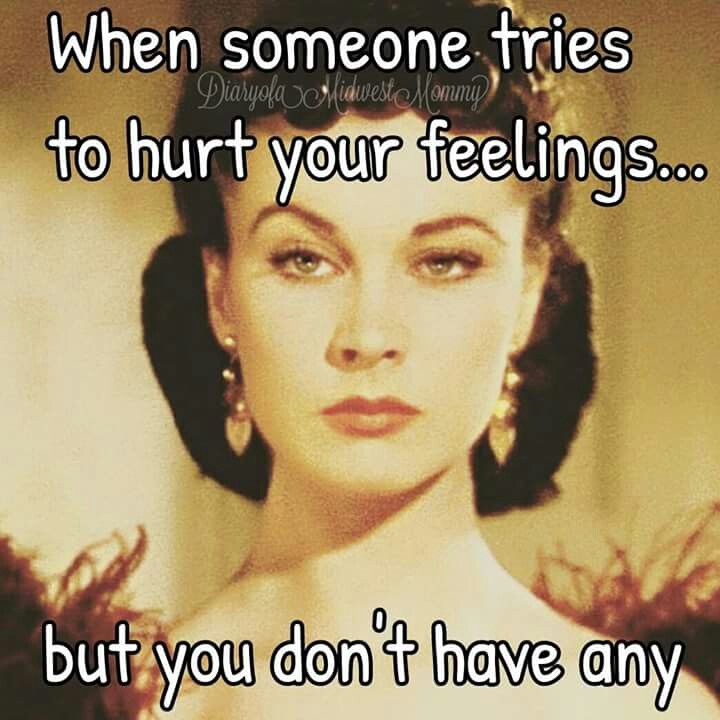 nine0059
nine0059 - Still don't cheat on yourself and tell everything honestly. There is no shame in ending an unhealthy relationship. Getty Images Relationship
Even if you are the friendliest person in the world, sooner or later you will meet someone who will get on your nerves.
Don't worry if you don't like someone. We are all different. And this reaction reminds us that no one is perfect. Including ourselves. nine0003
1. Accept the fact that you can't get along with everyone
It's okay. Some people like you, and some people can't stand you. This does not mean that there is something wrong with you or with others. We all just have our own preferences.
The difference in characters plays a decisive role in this. An extrovert will find an introvert boring, and a convinced realist may find the fine mood of an optimist inadequate.
We tend to invest in what we like. Suppose you are annoyed by one of your acquaintances or colleagues.
 Of course, you will not seek to meet him and keep in touch. But sometimes this approach can turn into open hostility. nine0003
Of course, you will not seek to meet him and keep in touch. But sometimes this approach can turn into open hostility. nine0003 2. Try to understand your interlocutor
Maybe your mother-in-law doesn't consider you frivolous, as you always thought. And the colleague is not really trying to set you up. Take a closer look, and perhaps you will understand the motives of their actions or even extract some useful advice.
Don't get angry if there really is a good reason for criticism. You will only make yourself look bad. Just take my word for it and take the critical remark into service. nine0003
3. Keep your emotions under control
How you react to any situation depends on you. She can drive you crazy if you let it. Don't waste your strength.
Don't give in if someone hurts you or tries to piss you off. Sometimes “smile and wave” is the best method.
It is very important to initially treat everyone you meet with respect. This does not mean that you should always follow the lead and agree with everyone.
 nine0003
nine0003 Be polite to other people. Thus, you will remain in your opinion, keep calm and the advantage will be on your side.
4. Don't take everything to heart
Very often we simply misunderstand a person. Perhaps he simply did not quite accurately express his thought, or his day did not work out in the morning. You should not take it out on someone, because he can break out on you in return. This will only exacerbate the situation. Be above this, concentrate on the matter, not paying attention to the inadequate reaction of the interlocutor. nine0003
If you feel tired and low energy, take a break, take a walk. Set boundaries for your personal space where no one can disturb you.
5. Speak calmly
How we communicate is often more important than what we say. If the situation has heated up, then it's time to talk about it. However, the dialogue should not be aggressive. It is better to use sentences that begin with the words “I”, “me”, “me”, for example: “It annoys me when you do this.
 Could you act differently?" Most likely, the interlocutor will listen to you and also express his opinion. nine0003
Could you act differently?" Most likely, the interlocutor will listen to you and also express his opinion. nine0003 Sometimes it pays to call on a third party for help. Another person can objectively assess the situation. Maybe after the dialogue you will not become friends with the one with whom the conflict has matured, but at least you will be able to communicate normally.
Working with people you find difficult to get along with is a rewarding experience that will show you how you can deal with problems.
6. Prioritize
Not everything deserves your time and attention. You must decide whether you really want to keep in touch with this or that person, or whether it is better to concentrate, for example, on work. nine0003
Consider the situation. Will it get worse over time? Sooner or later the problem will have to be solved. If the conflict is ripe simply by coincidence, then you will quickly be able to deal with it.
7. Do not take a defensive position
If you feel constant dissatisfaction with you from someone else, if someone focuses only on your shortcomings, you should not rush at this person with your fists.
 This is not a way out. Such behavior will only irritate him. Instead, it is better to ask directly what exactly does not suit him. Gossip or harassment can be a sign that they want to manipulate you or even demonstrate their power. nine0003
This is not a way out. Such behavior will only irritate him. Instead, it is better to ask directly what exactly does not suit him. Gossip or harassment can be a sign that they want to manipulate you or even demonstrate their power. nine0003 If a person wants you to treat them with respect, they should treat you the same way.
There is one psychological trick: speak quickly when you disagree with someone. So the interlocutor will have less time to answer. Slow down if you feel that he is ready to agree with you.
8. Remember that you are the creator of your own happiness
Of course, it is difficult to soberly assess the situation if someone is getting on your nerves. However, never let others drag you down. nine0003
If someone's words really hurt you, look into yourself. Maybe you are not confident in yourself or are you worried about some work moments? If so, focus on solving the problems that are important to you.
Do not compare yourself to others, because we are all different.

